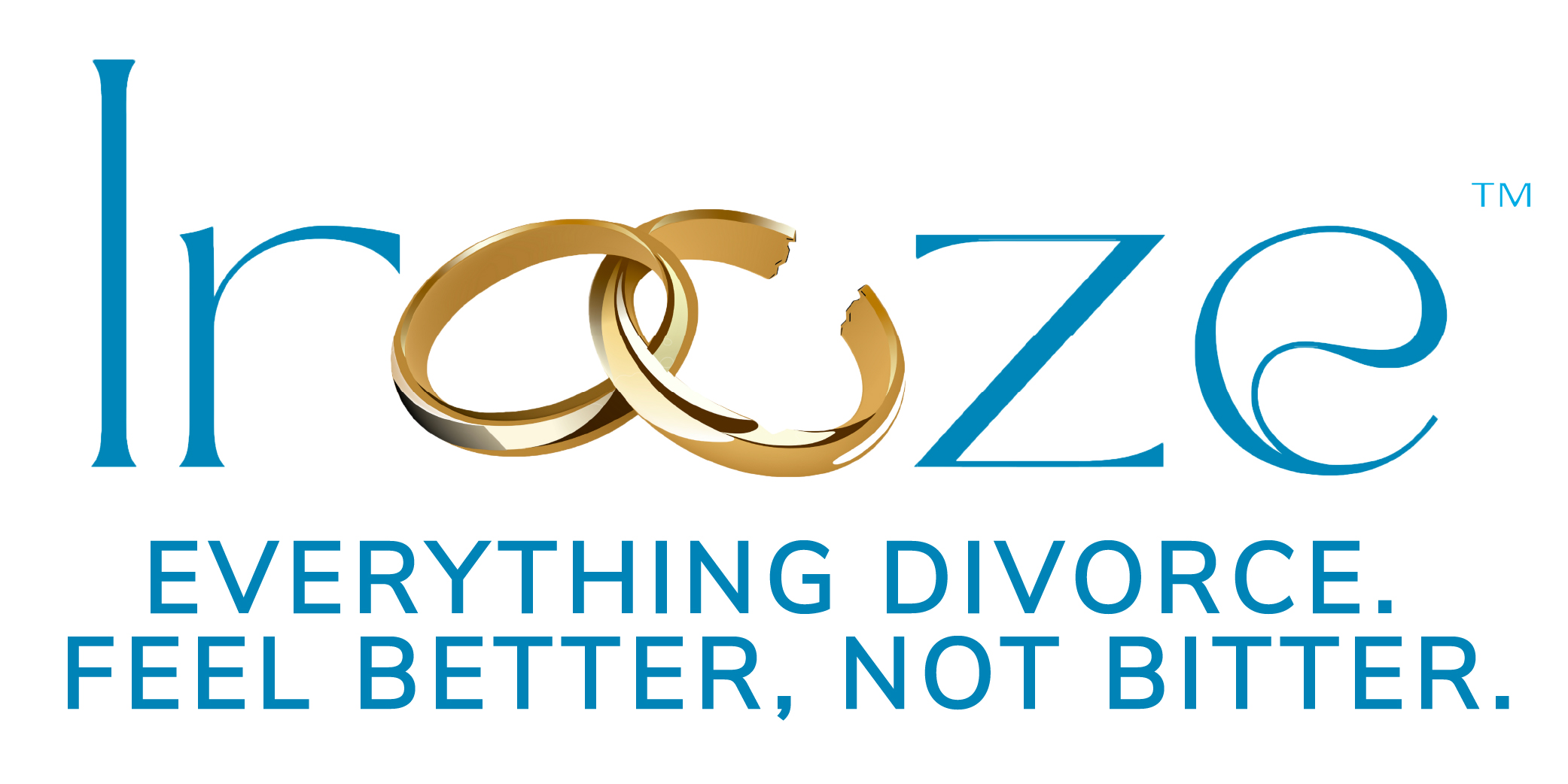Divorce Mediation Costs: What to Expect and How to Save
Considering divorce mediation? Divorce mediator cost usually ranges from $3,000 to $8,000. This article will explain what affects these costs and offer strategies to manage them effectively.
Before diving into mediation, it’s helpful to understand the overall divorce process—these 9 simple steps to getting divorced provide a clear roadmap to guide you from start to finish.
What Affects Divorce Mediation Costs?
Divorce mediation costs can vary widely, but the typical range in the United States falls between $3,000 and $8,000. However, depending on various factors, these divorce mediation cost can climb as high as $10,000. These figures represent the total cost of the mediation process, including hourly charges if a settlement isn’t reached within the allotted time.
Knowing the potential costs upfront helps you plan and budget effectively. Awareness of typical expenses prepares you for the financial aspects of divorce, reducing the risk of unexpected costs.
Top Factors That Increase Divorce Mediation Costs
Several factors can influence the overall cost of divorce mediation. One significant factor is the type of mediator you choose. Attorney-mediators, for example, often charge higher rates than non-attorney mediators. The willingness of both parties to cooperate also affects costs; more contentious divorces typically require longer mediation sessions, increasing the total expense.
The complexity of your case is another factor. High-asset divorces or those involving complex emotional issues often need more sessions, driving up costs. Geographical location significantly impacts mediation expenses; urban areas generally charge higher fees than rural areas.
Mediator’s Hourly Rates vs. Flat Fees
The mediator’s hourly rate is a primary driver of divorce mediation costs. Attorney-mediators typically charge between $250 and $500 per hour, while non-attorney mediators charge between $100 and $350 per hour. These rates can vary significantly based on the mediator’s professional background and the state in which they practice.
Some private mediators offer flat fee packages, typically ranging from $4,000 to $5,500, providing a comprehensive service for a set price. These packages can be advantageous for budgeting purposes.
How Long Does Divorce Mediation Take?
The duration of the mediation process significantly affects costs. Most cases require between two to ten sessions, depending on the complexity of the issues involved. Longer sessions generally result in higher costs as mediators charge based on time spent.
Complex cases, especially those involving high emotions or difficult personalities, often necessitate more sessions, increasing the overall cost. Efficiently addressing major issues can reduce the number of sessions needed, leading to significant savings.
Hidden Mediation Fees: What Else Will You Pay?
Beyond the mediator’s fees, additional services and legal fees can add to the total cost. Common extra expenses include court fees and legal document preparation. Factor these costs into your budget to avoid surprises.
Consultations with a divorce attorney or financial experts might be necessary, especially in complex cases, which could decrease or increase the overall expense. Understanding these additional costs is essential for accurately budgeting the mediation process. Such that, if you hire a divorce trained financial professional to run your numbers, do accurate math and provide you with accurate settlement recommendations instead of resorting to a family attorney for such advice, you could save significant legal fees. Alternatively, if you ask your mediator to run the numbers for you or you DIY your numbers and you make a mistake, you will need to revisit the mediation agreement and incur additional costs.
Private, Court, and Community Mediation Options

There are three main types of divorce mediation services: private mediation, court-sponsored programs, and community mediation options. Each type has its unique features, costs, and suitability for different needs. Private mediation tends to be more personalized but often comes at a higher price, while court-sponsored and community mediation services are more affordable and accessible.
Choosing the right type of mediation service depends on your specific circumstances, including budget, case complexity, and personal preferences. Understanding the differences between these options helps you make an informed decision that aligns with your financial and emotional needs.
Private Divorce Mediation: Pros, Cons, and Costs
Private divorce mediation offers a high level of personalization and flexibility. Mediators in private practice are often not required to be attorneys, providing a broader range of options for couples. The divorce mediation process can involve sessions that last from four to six hours in total, spread over multiple meetings, allowing for a thorough and tailored approach. Some states require their mediators to be certified while in other states, it is not regulated.
While this personalized service can be more expensive, it can also lead to more satisfactory outcomes, as the mediator can devote more time and attention to the specifics of your case.
Court-Ordered Divorce Mediation: Affordable Options
Court-sponsored mediation programs are generally more affordable, often free or offered at a reduced rate based on income. These programs typically cover custody and visitation issues and may include other topics as part of a parenting plan agreement.
Information about local court-sponsored mediation programs can be found on county or state court system websites. Visit the Irooze FAQs article from your state for more guidance and accurate links. These programs provide a valuable resource for those who need mediation but cannot afford private mediation services.
Low-Cost Divorce Help: Community Mediation Services
Community mediation services are often provided by non-profit organizations and typically operate on a sliding scale or for free. These services can be an excellent option for those who need affordable mediation solutions.
While community mediation services might have limitations in addressing all divorce issues, they can be particularly useful for resolving specific disputes, such as co-parenting issues, even after the mediated divorce mediation service is finalized. Divorce mediators can help facilitate these discussions effectively.
Affordable Post-Divorce Mediation: Creative Options

Divorce mediation doesn’t end at the final settlement; post-divorce issues often arise that require further mediation. Community mediation services can address a wide range of disputes beyond the initial divorce, providing access to affordable conflict resolution. For example, co-parenting disputes can be mediated without requiring a pending divorce case.
Couples can also explore creative financial arrangements, such as deferred buyout agreements, where one partner retains a significant asset while making gradual payments to the other. Splitting mediation costs with your spouse can also reduce individual financial strain.
Save Money by Prioritizing Mediation Issues
Focusing on major issues during mediation can streamline the process and reduce costs. Addressing the most critical matters first minimizes the time and expense associated with resolving minor disputes. Hiring the right professionals to help in other non-legal matters is essential in reducing your overall costs.
lastly, prioritizing significant issues ensures a more efficient mediation process, ultimately saving money, while resorting to a Divorce Coach for emotional-based challenges.
Avoid Hidden Mediation Costs & Save Long-Term
While divorce mediation can save money compared to litigation, there are hidden costs to be aware of. Additional expenses such as court fees, legal document preparation, and consultations with financial experts can add up. However, effective mediation can lead to significant long-term savings by reducing the likelihood of returning to court for modifications.
Focusing on major issues and addressing minor ones outside of mediation can reduce the overall time and cost of the mediation process. Mediation can also prevent the significant expenses associated with traditional adversarial divorce proceedings, offering a more cost-effective solution.
How to Choose the Best Divorce Mediator
Selecting the right mediator is crucial for ensuring a successful and cost-effective process. Consider individual preferences such as gender, experience, and mediation style. Recommendations from trusted sources, such as Irooze, can also be invaluable in finding a suitable mediator.
The right mediator can significantly impact the outcome, helping navigate complex issues and reach a fair settlement. Choosing a mediator who aligns with your values and needs enhances the likelihood of a successful process.
What to Look for in a Qualified Divorce Mediator
Evaluating a mediator’s qualifications is essential for ensuring effective guidance. Experience in family law is particularly important, as it equips the mediator with the knowledge to handle divorce-related disputes effectively.
Verify if the mediator has received appropriate training and holds credentials relevant to your specific divorce circumstances, such as dealing with child custody issues. Assessing these qualifications ensures that you are working with a skilled and competent mediator.
Next Steps: Start Your Divorce Mediation Plan
Irooze’s Divorce Specialists are available to help you create a strategic action plan at no cost. We wil help you understand your options, provide you with accurate resources from professionals in your state, and introduce you to heart-centered and resolutions-oriented professionals who are ready to help you and your family. Take the self assessment to access our calendar to schedule your call right now.





